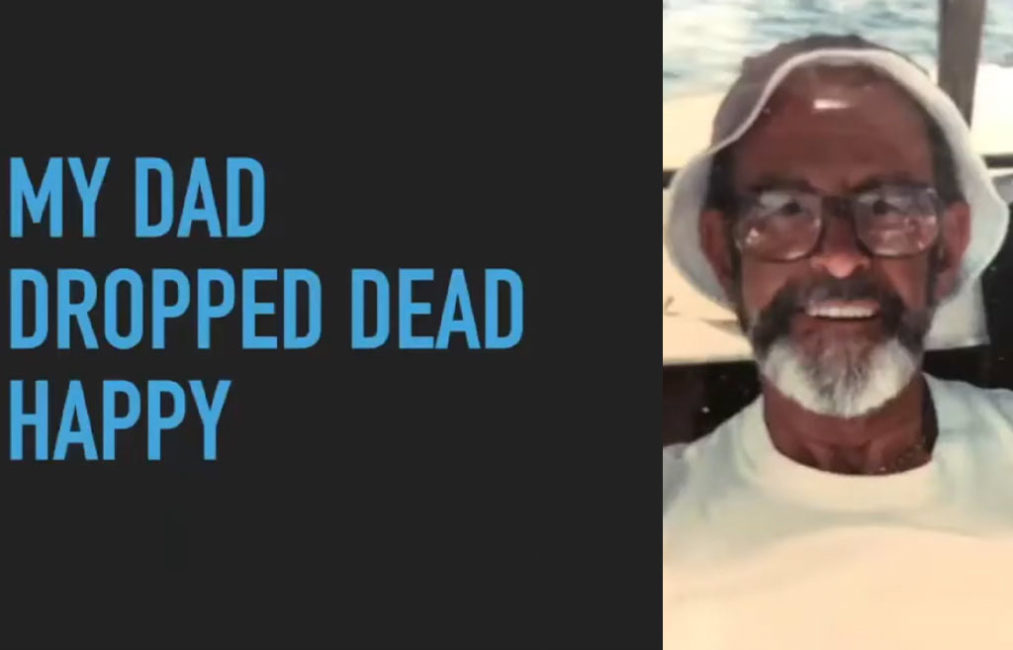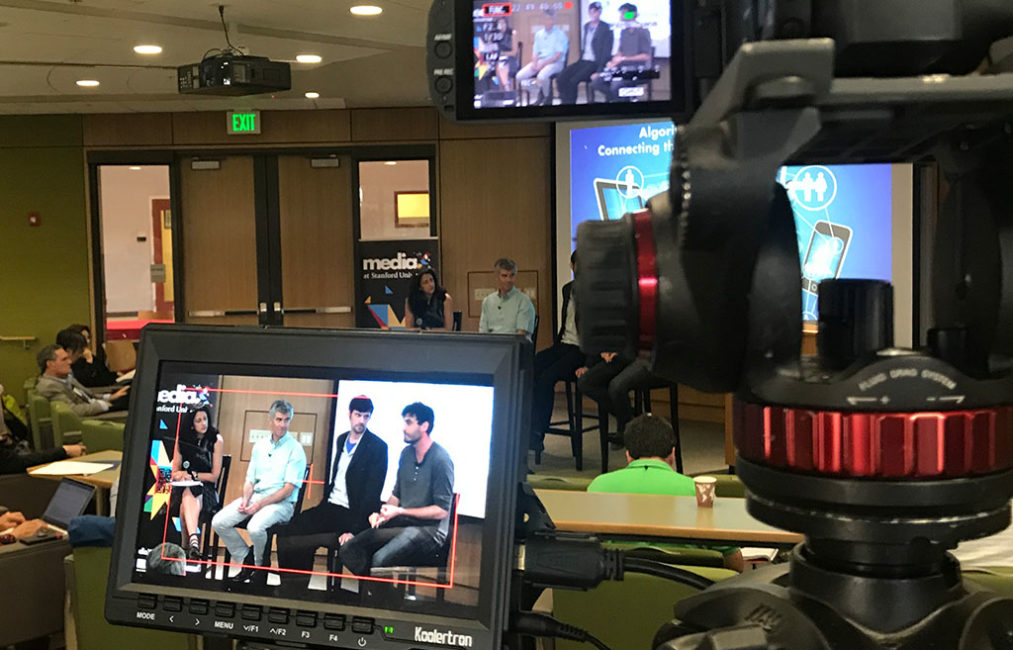
Drop Dead Happy
In this session, after being read his last rights, Davis Masten shares his perspective and personal insights as he explores longevity as an artist and the importance of being available to himself-in the time he is has left. Seeking presence and choices in most every moment.
Immersion for Collaboration
July 13, 2020
Over the past few months, we’ve been pressed into using virtual presence to share screens and to create meaning. In this virtual colloquia webinar series we will use existing and emerging technologies to leverage experiences and insights from the mediaX membership community of scholars, researchers, instructors and learners.
Drop Dead Happy
May 27, 2020
The mediaX webinar series "Sharing Personal Journeys" continues with mediaX Distinguished Visiting Scholar Davis Masten. In this session, after being read his last rights, Davis shares his perspective and personal insights as he explores longevity as an artist and the importance of being available to himself-in the time he is has left.

Changing Patterns of Interaction
Getting computers to do our bidding has always been a bit mysterious to those of us not steeped in machine code, operating systems, and programming. mediaX Distinguished Visiting Scholar Susan Stucky explains why and how that has changed.

Watch Algorithms and Analytics: Connecting the Learner and the Learning Presentations
Relive the presentations as we examine which indicators of learning are most meaningful, which can be used ethically in algorithms for personalized learning and for learning at scale, and how data can be tagged for open exchange.
Intelligent Agents, the Knowledge Graph and Open Data for Learning
Mark Musen is Professor of Biomedical Informatics at Stanford University, where he is Director of the Stanford Center for Biomedical Informatics Research. Dr. Musen conducts research related to intelligent systems, reusable ontologies, metadata for publication of scientific data sets, and biomedical decision support. His group developed Protégé, the world’s most widely used technology for building […]
Processed-based Assessments: Analyzing Critical Thinking, Decision Making, Collaboration
Janine Zacharia was Jerusalem Bureau Chief and Middle East Correspondent for the Washington Post from December 2009 through April 2011. During her time at the Washington Post, she reported widely throughout the Middle East beyond Israel, the West Bank and Gaza Strip, including assignments in Egypt, Jordan, Lebanon, Iraq, Bahrain, Saudi Arabia, the UAE and […]
Algorithms for Assessments of Problem-Solving Tasks
Chris Piech is an Assistant Professor of Computer Science Education at Stanford University. His research is in machine learning looking to understand human learning. He also believes that in 2019 there is a unique opportunity to build better learning experiences that serve more students. Chris is teaching CS398 which is a research-level course that explores […]
Sensor-Based Assessments
Nick Haber is an Assistant Professor at The Stanford Graduate School of Education. Nick is interested in machine learning, computer vision, and human-computer interaction. His work thus far has primarily involved face detection and tracking, using Constrained Local Models. On top of this, he developed engagement scoring, gaze tracking, and emotion detection for the purpose […]